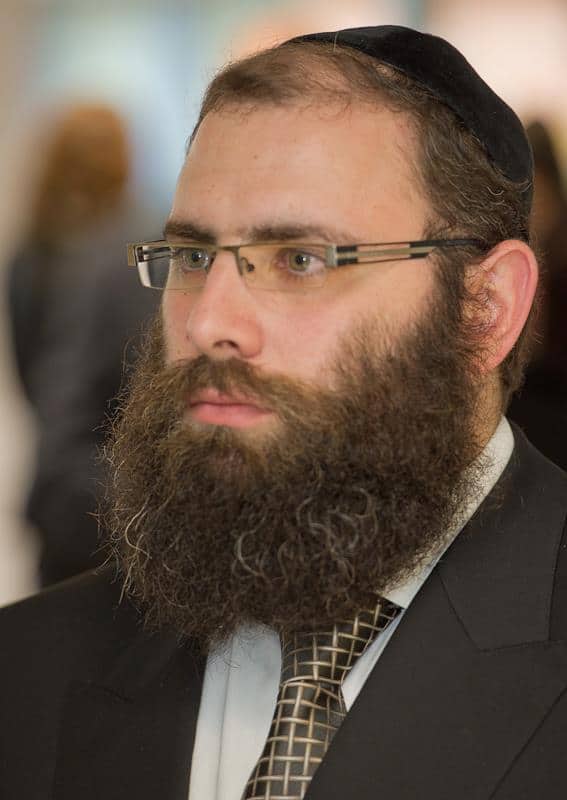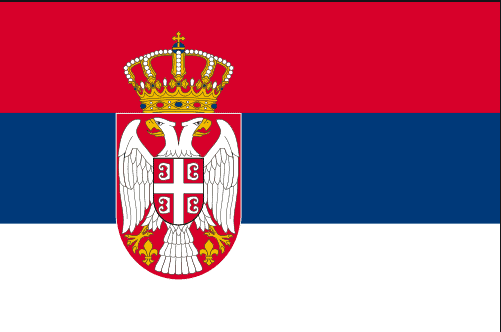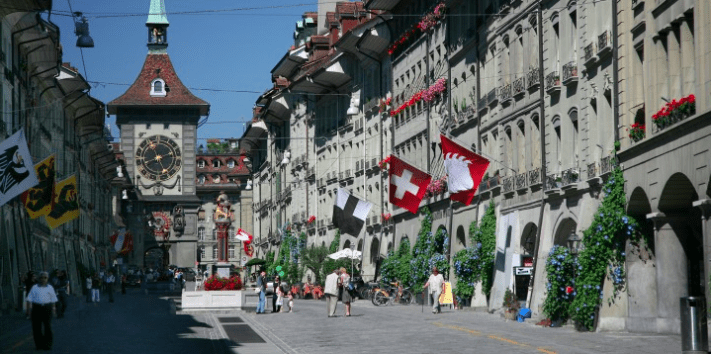Rabbi Menachem Margolin, General Director of the European Jewish Association (EJA), calls upon Polish President Andrzej Duda, to exercise his constitutional rights and veto the shameful resolution of the Polish lower house of Parliament (Sejm) which took place on International Holocaust Memorial day.
Rabbi Margolin expressed his hope that the heads of all Polish political parties will come to their sences and revoke the resolutions by themselves.
“This legislation is a slap in the face – especially coming on International Holocaust Memorial Day – not only to the victims and to history but also to those Polish citizens who were deemed Righteous gentiles and saved Jews from Nazi extermination , who stood in stark contrast to those (too many) Polish citizens who cooperated with the Nazis”
Rabbi Margolin has instructed the EJA’s legal advisors to examine all legal avenues to revoke this shameful bil in the Polish Constitutional court and emphesized that in addition to the work in Poland, the EJA will conduct a campaign in the European Parliament and other EU institutions to have the bill revoked.
Please Watch Rabbi Margolin addressing the Polish Prime Minister on the issue:
Ror more info go HERE















